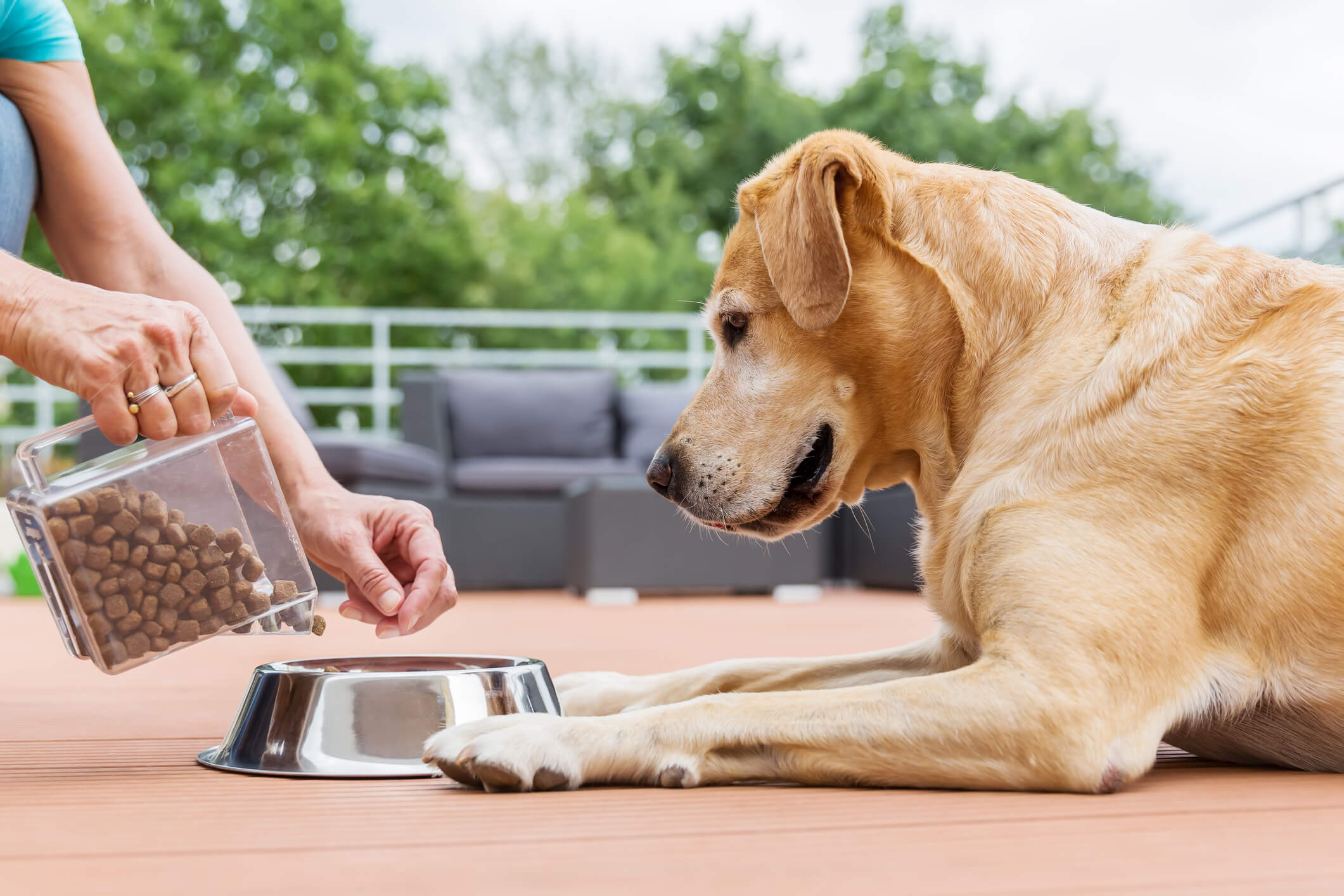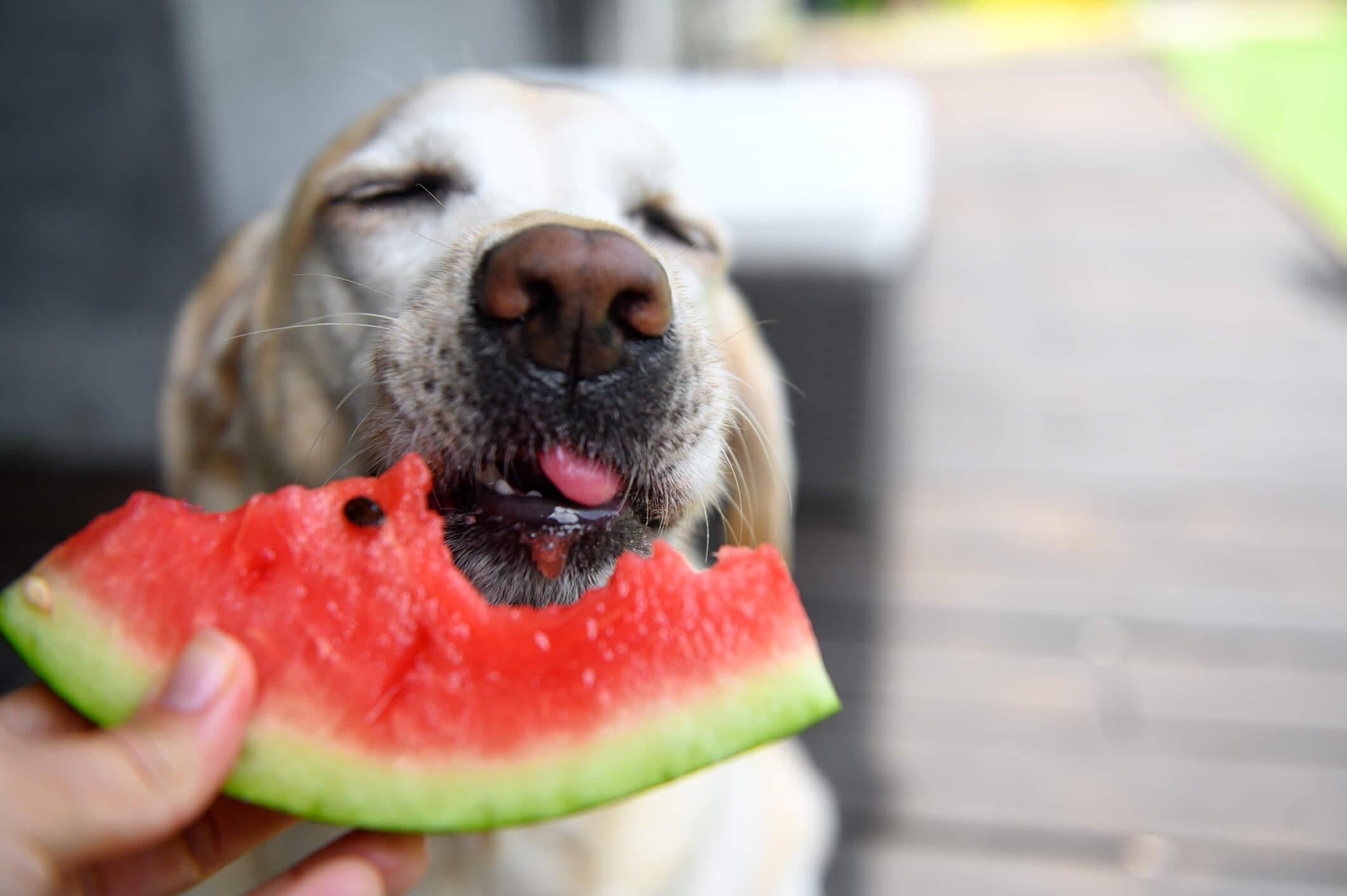
Do I Need To Change My Pet's Diet in the Summertime?
Most pet parents wouldn’t think to change their fur baby’s diet in the warmer months. They feed their four-legged companions the same kibble all year round. While there’s nothing wrong with this type of diet, certain ingredients are more appealing to cats and dogs during the summertime.
Pets need protein, carbohydrates and other nutrients no matter the time of year. What differs from season to season is the source of those nutrients. Keep reading to find out which foods your pet craves in the summertime.
Switch to “cooling” carbs and proteins

You might have noticed that people prefer certain foods depending on the season. For instance, winter is great for enjoying steak with a side of mashed potatoes. During the warmer months, people tend to go for a lighter meal like fish and a salad. Pets are the same way! They’re partial to different food ingredients at different times of the year.
Carbohydrates and proteins either have “warming” or “cooling” properties. Pets gravitate toward cooling foods in the summer because they require less energy to break down into nutrients. Warming foods may cause your pet to generate more heat, since they’re very dense and harder to digest. As you can imagine, feeling overheated is the last thing your fur baby wants on a hot summer day!
Once summer hits, you might want to switch to “cooling” carbs like millet, buckwheat, barley or wild rice. Pet parents can easily incorporate these grains into a fresh food diet. Otherwise, your vet can recommend commercial dry food with cooling grains that fulfill your pet’s summertime carb needs.
Also, remember that protein is the main source of energy for dogs and cats. Despite their need for meat, pets can become quite picky during extremely hot weather. Dish out warming protein in the summer, and your pet might turn up their snout at the food bowl! Treat your pet to cooling proteins like cod, duck, tofu and turkey. These protein sources have less density, making them easier to digest.
Feed them probiotics for tummy aches
Summer provides many opportunities for an upset stomach among our furry companions. Due to the warm temperatures, pets are spending more time outside. This means they’re more likely to encounter many interesting scents like grass, animal feces and dead birds. Curiosity gets the best of our pets, and they wind up eating things they shouldn’t. Their outdoor adventure will get cut short because of vomiting and diarrhea!
Soothe your pet’s tummy troubles by adding probiotics to their diet. Probiotics consist of good bacteria that populate the gut microbiome. A well-balanced gut microbiome is necessary for regular bowel movements and a healthy digestive system. An easy way to boost your pet’s gut health is by giving them a daily probiotic supplement. Cats and dogs can also enjoy yogurt in small amounts, which is a great source of probiotics.
Consider mixing a little bit of ginger into their regular food, too. This spice works wonders for your pet’s gut health due to its anti-inflammatory properties. Ginger can reduce irritation along the gastrointestinal tract—a factor that often contributes to watery stool. Pets are drawn to ginger’s bold taste, and the spice remedies other digestive symptoms like bloating, nausea and flatulence.
Boost hydration with a cool treat

Hydration becomes even more important in the summertime. Pets spend a lot of time under the hot sun, which means their bodies are losing moisture at a faster rate. A hydrated pet is key to preventing constipation, kidney damage and heat stroke.
Plain tap water might not be enough to help your pet stay hydrated. On those hot summer days, entice your fur baby to drink by offering them coconut water. The refreshing taste encourages pets to hydrate more often. Coconut water is very efficient at rehydrating the body because it contains a diverse range of electrolytes. You could also freeze coconut water into popsicles to help your pet cool off.
Fruits and vegetables are great summer treats that give your pet an extra boost of hydration. Choose pet-friendly produce with high water content like watermelon, cucumbers and celery. These healthy snacks add water to their diet while staying low in sugar and calories. Be sure to offer your pet fruits and vegetables in bite-sized chunks so they don’t choke.
A pet’s dietary needs change with the seasons. Once the weather heats up, don’t be surprised if your furry companion craves something entirely different! A lighter diet with refreshing fruits and vegetables will give your pet the nutrients they need to conquer the summer heat.


